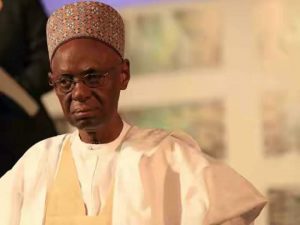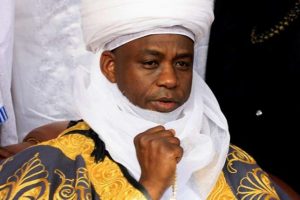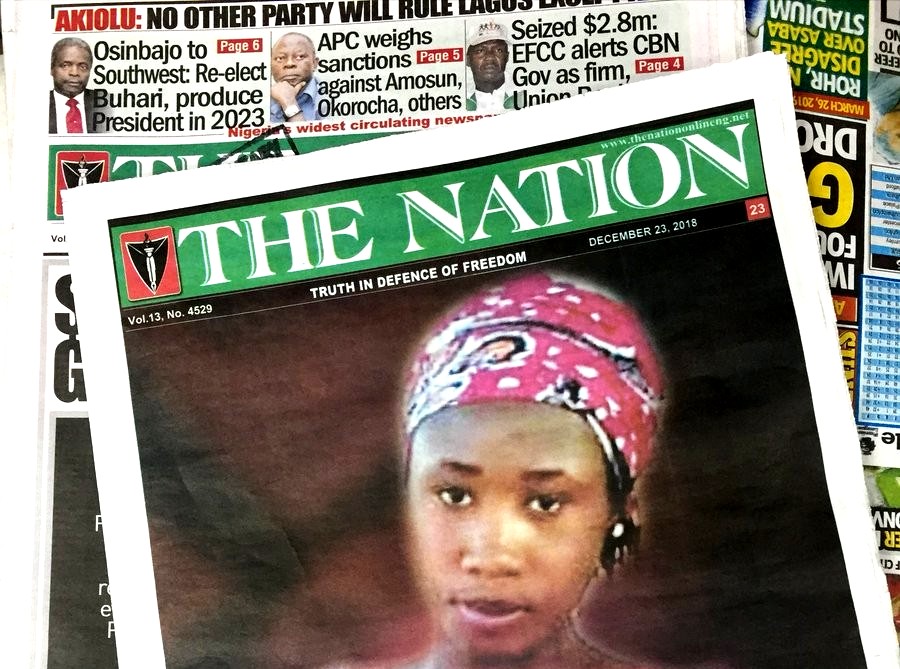The Sultan of Sokoto and the President-General of the Nigeria Supreme Council for Islamic Affairs (NSCIA), His Eminence, Alhaji Abubakar Sa’ad III has joined notable Muslim organisations in Nigeria to mourn the demise of Alhaji Shehu Aliyu Usman Shagari, Nigeria’s first elected Executive President.
Alhaji Shagari won elections twice in the 1979 and 1983 presidential elections in the Second Republic, but the 1983 coup terminated his second tenure.
Since then, he had been playing a non-partisan guardian role in Nigerian affairs until last week (Friday) when he died at the National Hospital, Abuja after a brief illness. His remains were laid to earth on Saturday in Sokoto in accordance with Islamic rites.
He was 93.

The Sultan of Sokoto commiserated with the deceased’s family and chieftains of the Sokoto Sultanate, among whom he was a front liner in his lifetime.
“We pray that the Almighty Allah repose his soul in eternal bliss and grant his immediate and extended families the fortitude to bear the pain that may arise from his demise”, he said.
Speaking on his contributions to religion, the Sultan of Sokoto said it was Alhaji Shagari that approved the sum of N10 million each for the commencement of building a National Mosque and a National Ecumenical Church in Abuja at a time when the naira was very strong and the foundation of Abuja as a city was just being laid.
According to him, that presidential gesture, which no religious group rejected, was a confirmation that Nigeria is indeed a multi-religious and not a secular country as being peddled in certain quarters for selfish reasons.

“Today, the two houses of worship are conspicuous in Abuja with their grandiose postures to the finite attraction of foreign tourists who see them as symbols of national unity” he added.
In the press release signed by Alhaji Femi Abbas, Chairman, Media Committee of the NSCIA, the Sultan said further that the late Executive President also tackled diplomatically and militarily, as was warranted then, a frightening national crisis in the guise of religion engendered by one Cameroonian called Muhammad Marwa Maitatsine in most parts of Northern Nigeria.
Alhaji Abubakar said though the late former President was a quiet and easy going person, he never wavered in taking necessary decisions in the interest of unity in the country.
“As a Muslim, Alhaji Shagari never hesitated in justifying the principle of justice, fairness and equity which his religion (Islam) emphasises”, he added.
He implored Nigerians to learn from and emulate the exemplary lifestyle of Alhaji Shagari for the progress of Nigeria.



